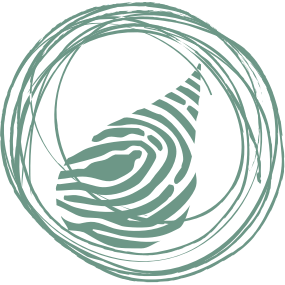Thursday, 29th October 2009
A project aimed at saving drinking water in the WA Wheatbelt could also help to sustain the local sports field, the lifeblood of many country towns.
Each year, millions of litres of top quality scheme water is used on town gardens and sports grounds.
The $500,000 project, partly funded by Wheatbelt NRM, uses Brookton as a demonstration site to try and change this.
Wheatbelt NRM’s Natarsha Woods said the idea was to catch the town’s storm water run off and mix it with treated waste water.
“So much water is being lost that could otherwise be put to better use,” Natarsha Woods said.
“Instead of using our precious drinking water, which is expensive to treat and pump long distances, we need to use the rainfall that runs off our roads, driveways and paths.
“We’ve helped to fund construction of a dam which will store this storm water run off, combined with the town’s treated waste water.
“This can then be used on the local oval and town gardens to help sustain them, especially during the summer months when extra water is needed.”
The town’s Natural Resource Management Officer Harvey Morrell said the Brookton shire would also benefit, with its annual water bill of $70,000 expected to drop.
“We’re hoping to save 100,000 kilolitres of drinking water per year, when the one dam is up and running,” Harvey Morrell said.
The water will be chlorinated and de-flocced so that all the solids are taken out, then pumped into the dam which can hold 50,000 kilolitres.
“By collecting the storm water we’re also helping to address the problem of salinity in the town,” Harvey Morrell said.
“Storm water filters into the underground water table, which then rises, bringing with it salt, which does damage to our town infrastructure and not to mention homes.”
Harvey Morrell said the shire was planning on building another two to three dams over the next couple of years to help store the treated water.
“We hope to eventually give residents the option of a “third pipeline” which people can tap into and use on their gardens,” Harvey Morrell said.
“This project is huge, especially in a town the size of Brookton, where the population of about 1000 is helping to make such a huge water saving.”
Partners involved in the project include Wheatbelt NRM, Australian Government, Shire of Brookton, Department of Education and Cooperative Bulk Handling.
Media Contacts:
Natarsha Woods, Wheatbelt NRM, 0428 927 052
Harvey Morrell, Shire of Brookton NRMO, 0427 235 681

